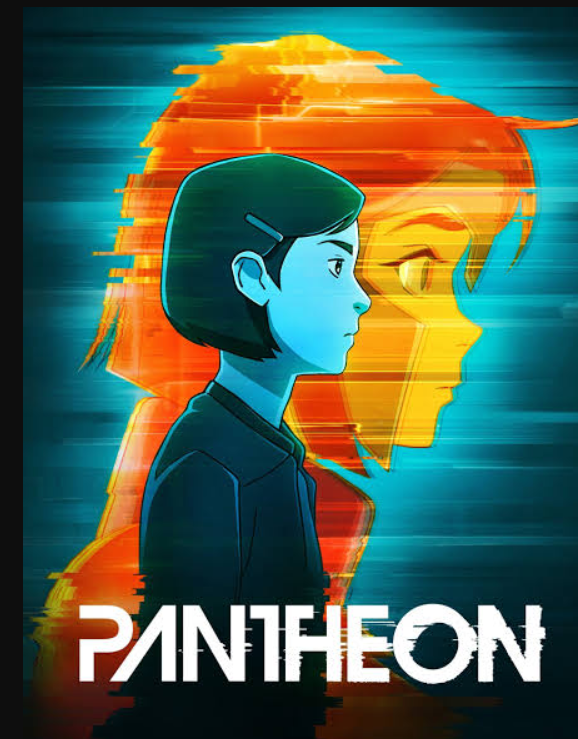Uploaded Intelligence: Exploring the Future of Digital Consciousness Through UI
You’ve probably heard of artificial intelligence, but have you ever considered uploaded intelligence?
This isn’t just another trendy tech term. It’s the idea of moving everything that makes you you — your memories, feelings, and awareness — into a machine.
I first came across this concept while watching Pantheon, a surprisingly deep animated series all about digital consciousness.

It got me thinking — about who we are, where technology is taking us, and what it all means for the future of humanity. That curiosity pulled me into a deep dive, and now I’m here to share what I’ve found.
Uploaded intelligence, or UI, isn’t just sci-fi anymore. It’s real, it’s growing fast, and it could change everything. Let’s unpack what it is, where it’s heading, and why it matters.
What Is Uploaded Intelligence?
Uploaded intelligence refers to digitizing the human brain to create a digital replica of your consciousness. Unlike AI, which mimics human behavior, UI seeks to replicate you. Your thoughts, memories, and personality are preserved in digital form, potentially outliving your physical body.
The idea isn’t new. In 1965, British mathematician I.J. Good introduced the concept of “intelligence amplification,” which hinted at combining human and machine intelligence. Over time, this evolved into discussions about transferring human consciousness to machines.
Think of it as the next step after AI. If artificial intelligence learns from us, uploaded intelligence is us.
How Did We Get Here?
The road to UI starts with brain-computer interfaces (BCIs) — tech that links our minds to machines. Back in the 1970s, BCIs were mostly lab experiments for medical use. Today, they’re moving forward at lightning speed.
In 2021, scientists helped a paralyzed man send texts using just his brain. By 2023, tools like Elon Musk’s Neuralink allowed direct communication between brain and computer — paving the way for UI.
It’s kind of like AI. In the ’80s, it was just an idea. Now, we’ve got ChatGPT, self-driving cars, and AI everywhere. UI might follow the same path.
Why Does It Matter?
The possibilities with UI are wild:
Digital Immortality: Imagine your thoughts living on long after your body is gone.
Better Healthcare: Doctors could consult digital versions of experts — even after they’re retired.
Smarter Learning: Students might one day learn straight from the minds of history’s legends.
It could also help people with Alzheimer’s preserve memories or reconnect with lost loved ones. UI isn’t just cool tech — it’s about meaning, memory, and legacy.
Still, the real question isn’t what UI could do — but how we actually get there.
Who’s Leading the Way?
Some big names are making UI happen:
Neuralink: Since 2016, they’ve been building BCIs to treat brain conditions and, eventually, connect minds to machines.
Kernel: They’re working on tech to boost our thinking and link brains to digital tools.
OpenAI: They’re not building UI, but their AI breakthroughs help us understand how to model the mind.
Synchron: A quiet leader developing non-invasive BCIs for medical and mental applications.
These companies are slowly turning science fiction into real, working systems.
Challenges and Ethical Dilemmas
UI sounds exciting, but it brings some tough questions:
If your mind is uploaded, who owns it — you or the company that did it?
What happens if someone hacks it? That’s not just a privacy issue — it’s an identity crisis.
And here’s the big one: if there are two versions of “you,” which one is really you?
These aren’t just deep thoughts — they’re real issues we’ll need to solve as UI grows.
How Close Are We?
Many say UI is still far off. But people said the same about AI 40 years ago. Now it’s part of daily life.
In 2023, researchers managed to turn brainwaves into text — with 90% accuracy. That’s not full mind uploading, but it’s a huge step.
The gap is closing, and the pace is picking up.
If AI changed the world in a few decades, why not UI next?
The future isn’t waiting around. Stay curious. Stay ready. You might one day decide if your mind deserves a second life.

Comments
Post a Comment